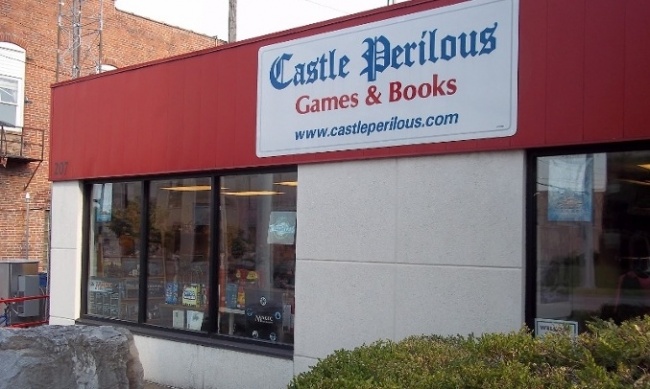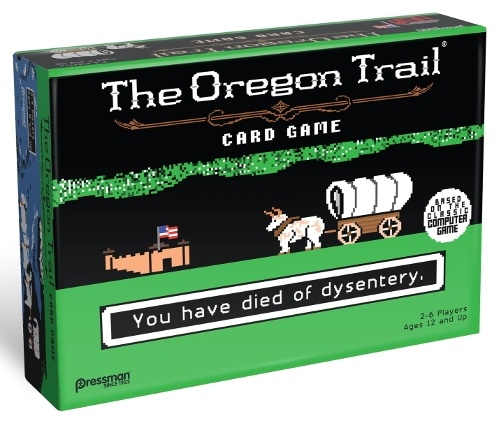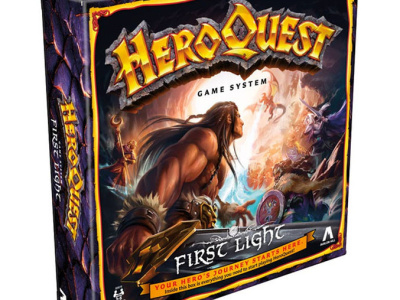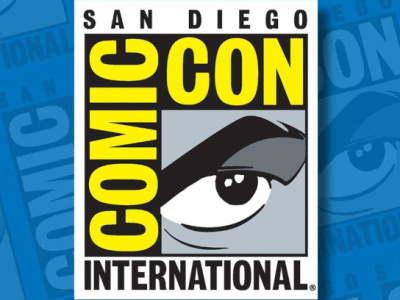Rolling for Initiative is a weekly column by Scott Thorne, PhD, owner of Castle Perilous Games & Books in Carbondale, Illinois and instructor in marketing at Southeast Missouri State University. This week, Thorne looks at the pros and cons of distributor exclusives for each tier of the distribution chain.
Following up on last week’s column on the exclusive games going to Target and the retreat of Arcane Tinmen from exclusivity, I wanted to follow up on what the benefits are to having or offering exclusives on products or companies as well as the downsides and why some companies might choose to do both.
First of all, an exclusive, as I, and most in the tabletop game industry, define it, is a product available from at least one other source than the publisher but only available from that source. Using this definition, a boardgame produced and sold via a Kickstarter campaign would not be considered an exclusive, since the only way to get it would be through backing the Kickstarter campaign. Ergo, Steamforged Games’ Dark Souls board game (see "Preview: ‘Dark Souls: The Board Game’") is not an exclusive under this definition since, although very hard to get, copies were sold to a number of different distributors once the orders placed through the Kickstarter campaign were delivered. HeroClix is a classic example of an exclusive product since the only place to get it is from Alliance Distribution and Diamond Comics Distribution. In fact, the only way, as far as I am aware, to purchase HeroClix directly from the manufacturer is to buy them from WizKids at a convention at which the company has set up a display.
So advantages and disadvantages of an exclusive? For the consumer, both are fairly minor. If a consumer frequents a store that carries an exclusive product, they will almost always find it in stock. However, if they ask for it at a store that does not have the exclusive, they won’t be able to get it. Case in point, the Oregon Trail card game. A Target exclusive, we had a few people asking for it last Christmas (see "Target Announces 50 Exclusive Games"). We couldn’t get it but it wasn’t the sort of thing that they would make a special trip to Target to pick up. Eventually, to satisfy customers, we bought a few from Target, marked them up a few dollars and resold them in the store. Problem solved. But what about benefits to other channel members?
Retailers—The Oregon Trail example illustrates the primary benefit of an exclusive to retailers. If you are the only store where someone can get your game, and they want it, they will come there to get it. We, and a number of other retailers, wanted Oregon Trail, so we went to Target and spent money to get copies. The exclusive, in this case, did its job. The downside of exclusives for retailers is if you are one of those retailers that doesn’t have the exclusive you lose those sales.
Distributors—The big advantages of exclusives for distributors is that, if a retailer wants to carry the exclusive, they have to come to that distributor to purchase it. I know of a number of retailers that opened an account with Alliance Distribution because they want to stock HeroClix and Alliance has been the exclusive distributor for the game for several years. Similarly, GTS has exclusive distribution rights for the Final Fantasy TCG and Looney Labs distributes Fluxx only through ACD, Alliance and GTS. If a store wants to carry of those games, they have to set up an account with that distributor(s).
Publishers—The main reason for a publisher to go exclusive is cost savings. There are transaction costs to each order shipped out, from a few cents to tens or hundreds of dollars. The fewer shipments a publisher has to make, the more money saved. Having to send out dozens or hundreds of orders to different distributors and /or retailers costs money and comes out of profits. Consolidating those shipments to just one exclusive distributor or retailer saves the publisher significant amounts of money in terms of logistics, making the operation more efficient and cost effective.
The downsides are that an exclusive can limit consumer access to a product, but if it proves profitable, a retailer will usually find a way to work around it. For distributors without access to the exclusive, unfortunately, there is no workaround.
The opinions expressed in this column are solely those of the writer, and do not necessarily reflect the views of the editorial staff of ICv2.com.

Column by Scott Thorne
Posted by Scott Thorne on August 14, 2017 @ 1:16 am CT
MORE GAMES
Thursday July 31, 2025; 'D&D,' 'Riftbound,' and More!
August 8, 2025
The story of Gen Con 2024, as told through ICv2's staff photos, began on the morning of Thursday July 31, 2025 on the convention hall floor.
New Expansion Set for the Classic Fantasy Board Game
August 8, 2025
Hasbro will release HeroQuest: First Light, a new expansion for the classic fantasy board game, into retail.
MORE COLUMNS
Column by Jeffrey Dohm-Sanchez
August 7, 2025
ICv2 Managing Editor Jeffrey Dohm-Sanchez lays out the hotness of Gen Con 2025.
Column by Rob Salkowitz
August 5, 2025
In this week's column by Rob Salkowitz, he looks at the industry's biggest show, held in the midst of some existential issues.









